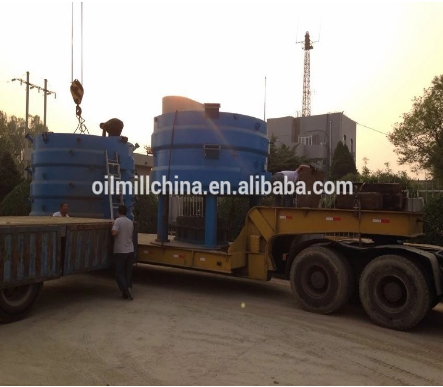Aug . 02, 2024 14:32 Back to list
Exploring the Production and Refining Processes of Mustard Oil in China’s Industry
The Significance of Mustard Oil Refining Units in China
Mustard oil, derived from the seeds of the mustard plant, has long been revered for its unique flavor, culinary versatility, and numerous health benefits. As consumer preferences shift towards healthier cooking oils, the demand for mustard oil has surged globally. In China, this growing interest has led to the establishment and refinement of mustard oil refining units, which play a critical role in the production of high-quality edible oil.
Historical Context
Historically, mustard oil has been a staple in various cultures, especially in Asian cuisines. In China, the use of mustard oil dates back centuries, but it has gained remarkable popularity in recent years due to increasing awareness about the nutritional advantages it offers, such as high levels of monounsaturated fats and omega-3 fatty acids. The modern consumer’s focus on health and wellness has rapidly transformed mustard oil into a much sought-after product in the Chinese market.
The Refining Process
A mustard oil refining unit is integral to ensuring the quality, safety, and consistency of the oil produced. The process begins with the careful selection of mustard seeds, which are sourced from reputable suppliers. Once the seeds are harvested, they undergo a series of stages including cleaning, drying, and crushing. This initial phase is essential to remove impurities and prepare the seeds for oil extraction.
After the oil is extracted through pressing or solvent extraction methods, it enters the refining stage. This process is crucial as it involves degumming, neutralizing, bleaching, and deodorizing the oil. Each of these steps serves a distinct purpose degumming removes phospholipids and other impurities, neutralization eliminates free fatty acids, bleaching improves color and clarity, and deodorization strips away any undesirable flavors or odors. The end product is a refined mustard oil that is not only palatable but also safe for consumption.
china mustard oil refining unit

Economic Implications
The establishment of mustard oil refining units has significant economic implications for China. These units create jobs, support local farmers by providing an avenue for their crops, and contribute to the overall agricultural supply chain. Moreover, as domestic and international demand for high-quality mustard oil rises, the potential for export markets opens up, allowing Chinese producers to tap into a lucrative global trade.
Health and Safety Considerations
As consumers become more informed about food safety and quality, mustard oil refining units are expected to adhere to strict health regulations and quality control measures. This includes testing for contaminants and ensuring that the oil produced is free from harmful substances. Such measures not only protect consumer health but also bolster the reputation of Chinese mustard oil on the global market.
Future Prospects
Looking ahead, the mustard oil refining industry in China is poised for growth. With advancements in technology and a deeper understanding of consumer preferences, refining processes will likely become more efficient and sustainable. Opportunities for innovation in oil production, including organic mustard oil, are also on the horizon as health-conscious consumers seek cleaner and greener options.
In conclusion, mustard oil refining units are pivotal to both the economy and the culinary landscape of China. They not only ensure the availability of a high-quality product that meets consumer demands but also support the agricultural sector and promote health-conscious cooking practices. As this sector continues to evolve, the importance of refining units will only grow, highlighting their role in shaping the future of edible oil in China.
-
HP 120 Model Cold Oil Press - Hebei Huipin Machinery | Oil Extraction Machine, Flaxseed Oil Press
NewsAug.16,2025
-
HP 120 Cold Oil Press-Hebei Huipin|Efficient Extraction&Multi-Use
NewsAug.16,2025
-
HP 120 Cold Oil Press-Hebei Huipin|High-Efficiency Oil Extraction&Cold Press Technology
NewsAug.16,2025
-
HP 120 Model Cold Oil Press - Hebei Huipin Machinery | High Efficiency Oil Extraction Machine
NewsAug.16,2025
-
Food Oil Refined Machines: Quality & Efficient Oil Refining
NewsAug.16,2025
-
HP 120 Cold Oil Press - Hebei Huipin Machinery|Oil Extraction&Efficiency
NewsAug.15,2025
